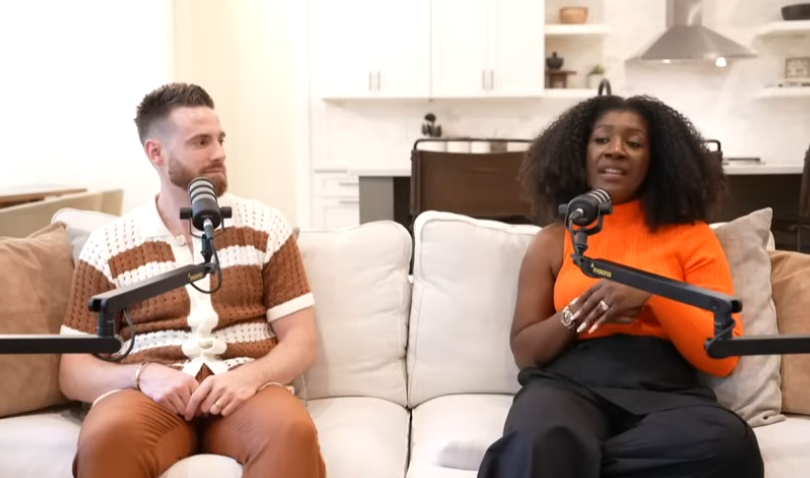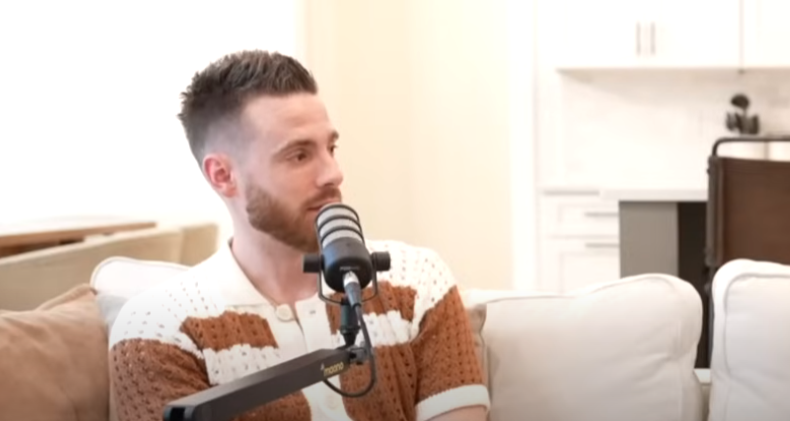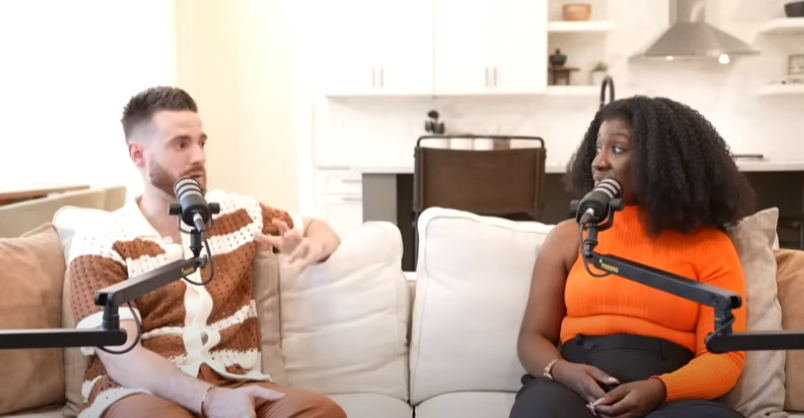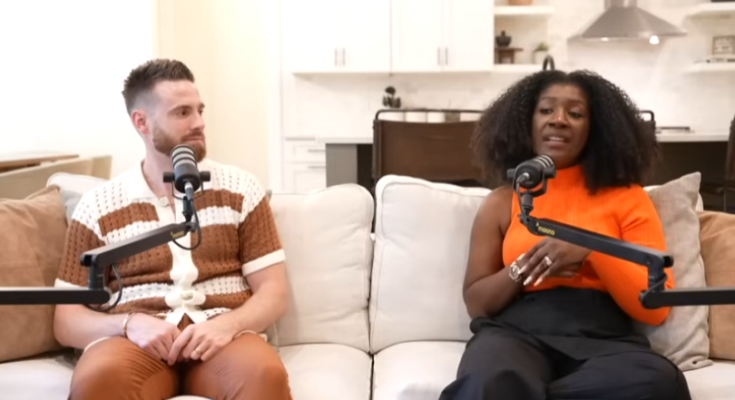

The Ashley Madison scandal shook the world when millions of users were exposed in a massive data breach. The website, infamous for promoting extramarital affairs, became a symbol of secrecy, betrayal, and the hidden temptations lurking behind seemingly perfect marriages. With the recent release of the Ashley Madison documentary, the conversation around infidelity, trust, and consequences has resurfaced, leaving many people to wonder: What would we do if our spouse cheated?
Understanding the Emotional Fallout
Infidelity isn’t just about physical betrayal—it’s an emotional earthquake that shakes the foundation of trust in a relationship. Watching the documentary, we were reminded of how devastating an affair can be, not just for the betrayed spouse but for the entire family. The emotional toll includes feelings of rejection, insecurity, anger, and confusion.
If our spouse were to cheat, the first and most immediate reaction would likely be a mix of shock and pain. The question of “Why?” would haunt us, making us rethink every moment of our relationship. We’d have to confront the reality that the person we trusted most chose deception over honesty.


The Immediate Aftermath: Fight, Flight, or Freeze?
After discovering an affair, people typically react in one of three ways: fight, flight, or freeze. Watching the stories unfold in the documentary, it became clear that there’s no single right way to respond. Some people choose to stay and fight for their marriage, going to therapy and working through the betrayal. Others leave immediately, seeing infidelity as an unforgivable breach of trust. And then there are those who freeze, unable to make a decision for weeks, months, or even years.
For us, the initial response would depend on several factors: the nature of the betrayal, whether it was an emotional or physical affair, and how remorseful our spouse was. If our partner showed genuine regret and was willing to put in the work, we might consider therapy as an option. However, if deception and disrespect were persistent patterns, it would be difficult to justify staying in the relationship.
Rebuilding Trust: Is It Even Possible?
One of the biggest takeaways from the documentary is that trust is incredibly fragile. Once broken, it can take years to rebuild, and sometimes it never fully returns. If we were to stay in a marriage after infidelity, there would need to be a clear and honest effort from both sides. Transparency, open communication, and a commitment to healing would be non-negotiable.
Practical steps to rebuild trust might include:
- Complete honesty: The cheating spouse would need to answer difficult questions and provide reassurance.
- Therapy and counseling: Professional help can guide both partners through the emotional damage.
- Time and patience: Healing isn’t instant, and both parties would need to understand that forgiveness doesn’t happen overnight.
- Accountability: The cheating partner should take responsibility for their actions and demonstrate real change.
Without these steps, reconciliation would be impossible. Some people in the documentary managed to rebuild their marriages, but others found that the pain and resentment never truly faded.


Walking Away: When to Say Enough Is Enough
On the other hand, leaving might be the healthiest option. If infidelity is part of a larger pattern of deceit or emotional neglect, staying could cause more harm than good. The documentary highlighted stories of people who stayed in toxic relationships, hoping things would improve, only to experience repeated heartbreak.
If we determined that our spouse’s betrayal was unforgivable—whether because of lies, a lack of remorse, or an unwillingness to change—then separation or divorce might be the best choice. While the idea of ending a marriage is painful, sometimes it’s necessary for personal well-being and self-respect.
The Impact on Family and Children
Infidelity doesn’t just affect the couple involved; it impacts the entire family. Children, in particular, can suffer emotional distress when they witness their parents in conflict. Watching the documentary, we saw how affairs led to broken homes, strained relationships, and even financial turmoil.
If we had children, our response to infidelity would need to take their well-being into account. Staying in a toxic marriage just for the sake of the kids might do more harm than good, but at the same time, a messy divorce can also be traumatic. Ultimately, the decision would need to prioritize stability and emotional health for everyone involved.

Lessons from the Ashley Madison Documentary
One of the most striking aspects of the documentary was how easily people justified their affairs. Some claimed they were unhappy, others cited a lack of intimacy, and some simply craved excitement. While these feelings are valid, they don’t excuse betrayal.
The documentary serves as a wake-up call for anyone in a committed relationship. Here are some key takeaways:
- Communication is everything: Many affairs begin because of unmet emotional needs. Honest conversations about desires, frustrations, and expectations can prevent problems from escalating.
- Temptation is real, but choices matter: Feeling attracted to someone else is natural, but acting on it is a choice. Commitment means choosing loyalty every day.
- Transparency strengthens relationships: Hiding things from your partner creates a foundation for dishonesty. Being open about thoughts, feelings, and struggles can help build a stronger bond.
What We Would Do Moving Forward
If our spouse cheated, our response would depend on the circumstances. However, one thing is certain: we wouldn’t ignore it. Infidelity requires action—whether that means working through it or walking away.
For couples who want to protect their relationship from betrayal, proactive steps are essential:
- Prioritizing intimacy and connection to prevent emotional distance.
- Establishing clear boundaries about what is and isn’t acceptable behavior.
- Regular check-ins to discuss relationship health and any concerns.
- Seeking professional help early if issues start to arise.
Ultimately, the Ashley Madison documentary is a reminder that no relationship is immune to challenges. Infidelity is a painful reality for many couples, but how we respond defines our future. Whether choosing to forgive or choosing to leave, the most important thing is to honor our self-worth and make decisions that lead to a healthier, happier life.



